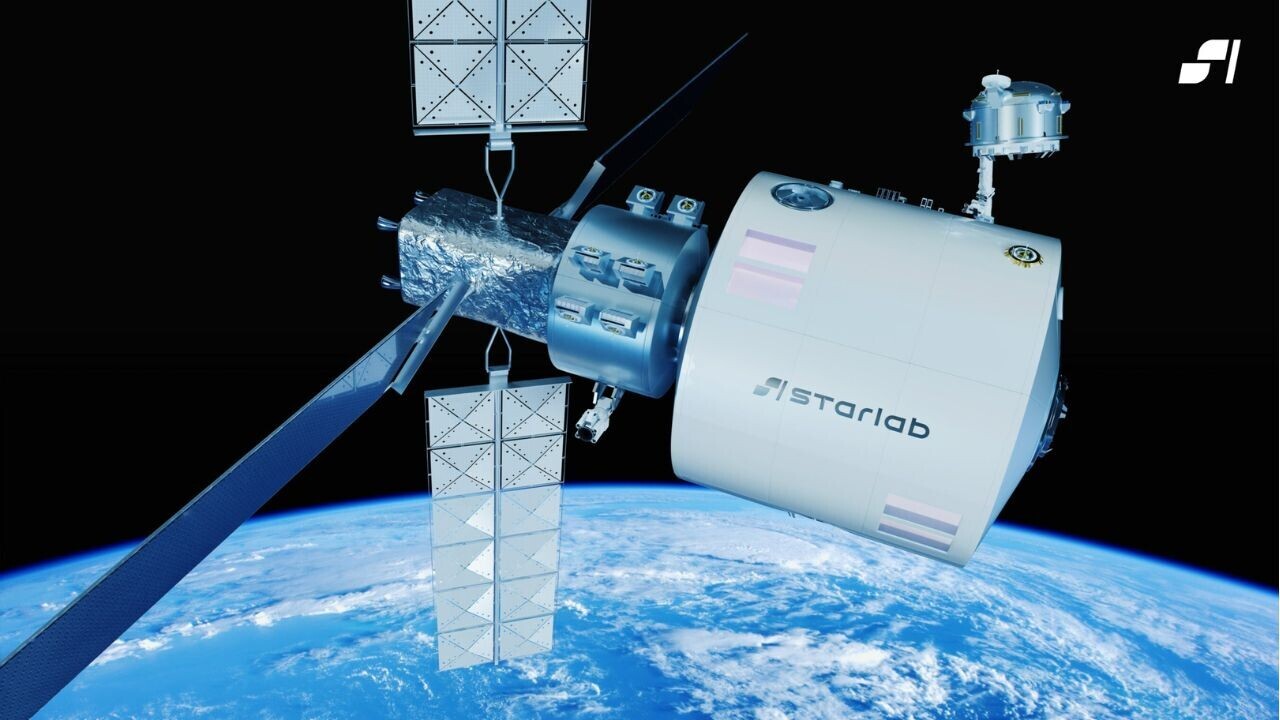
As the International Space Station approaches retirement, a transatlantic team is creating a replacement: Starlab.
Airbus and US startup Voyager this week announced a joint venture for the project. The two companies will develop, build, and operate Starlab, which aims to further unite the US and Europe in space.
“This pioneers continued European and American leadership in space that takes humanity forward,” said Jean-Marc Nasr, Head of Space Systems at Airbus. “Together our teams are focused on creating an unmatched space destination both technologically and as a business operation.”
The US-led venture plans to produce a commercial successor to the ISS, which is due to de-orbit in 2031. The new space station would serve both Nasa and the European Space Agency.
“We are establishing this joint venture to reliably meet the known demand from global space agencies while opening new opportunities for commercial users,” said Matthew Kuta, President at Voyager Space.
Starlab is one of several projects competing to replace the ISS. Its main challengers are Jeff Bezos’ Blue Origin, which envisions a “mixed-use business park” called Orbital Reef, and Northrop Grumman, which wants to build a modular, free-flying space station.
Nasa has provided funding for all three concepts. In December 2021, the space agency awarded $160mn (€146mn) to the Voyager venture, $130mn (€119mn) to Orbital Reef, and $125.6mn (€115mn) to Northrop Grumman’s project.
As a condition of Nasa’s support, every proposal had to be commercially viable. The space agency will now determine which of the contenders merit further backing.
Get the TNW newsletter
Get the most important tech news in your inbox each week.




